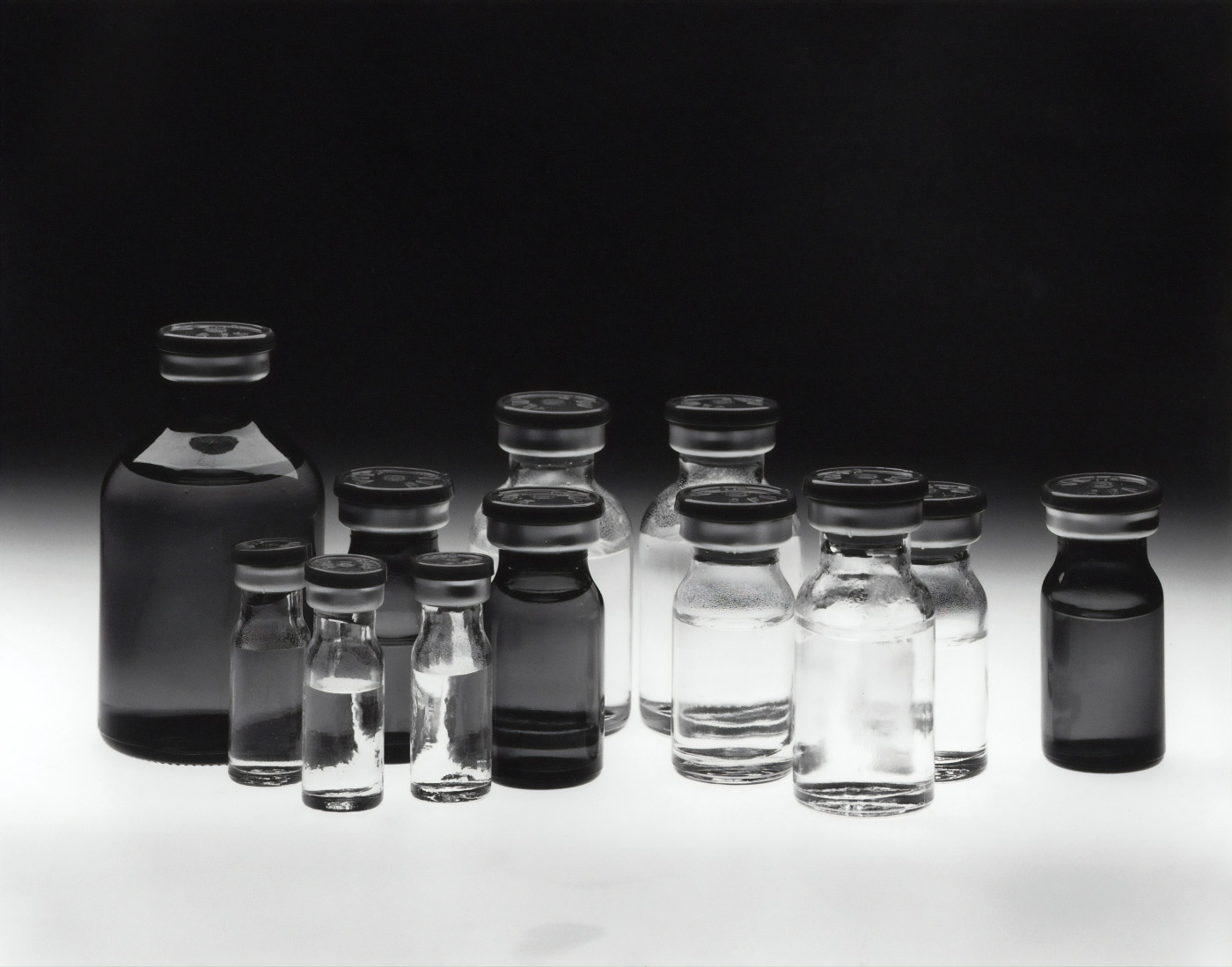Takeda Offers Assurances on Natpara Supplies During COVID-19 Pandemic
Written by |

Although the COVID-19 pandemic is profoundly affecting daily life around the world, Takeda does not expect disruptions in the global supply of any of its products in the near future, the company said in a statement.
Hypoparathyrodism patients in the U.S. receiving the parathyroid hormone (PTH) therapy Natpara as part of Takeda’s Special Use Program (SUP) should not expect product shortages. But they will receive shipments for two weeks of treatment rather than one week to ensure greater program efficiency.
Meanwhile, Takeda will continue to retrieve all Natpara products and evaluate new applications to the SUP. This program is meant for patients at risk of life-threatening complications due to Natpara being discontinued last fall.
“While it is not yet possible to predict precisely what the impact may be on individual products in the longer term, we will continue to monitor the evolving COVID-19 situation,” Cheryl Schwartz, head of U.S. Hematology and Rare Disease Business Unit, Takeda, said in an announcement to the Hypoparathyroidism Association board members and community.
“If there are material changes in status, we will keep patients, their prescribing healthcare providers and patient advocacy organizations – including the Hypoparathyroidism Association – informed,” Schwartz said.
People with hypoparathyroidism have low levels of PTH, either due to an unknown cause or to surgery that damages the parathyroid glands, four small nodules in the neck region that produce the hormone.
PTH is critical to maintain calcium levels and its deficiency often results in low calcium levels (hypocalcemia) in the blood.
Natpara is a synthetic form of PTH that is approved in the U.S. in combination with calcium and vitamin D supplements in people whose hypoparathyrodism cannot be controlled effectively with supplements only. The goal is to mimic the effects of the natural hormone.
The therapy is supplied in a glass cartridge that contains enough product for multiple doses. This has raised concerns that repeat use of the same cartridge could make small rubber fragments detach from its external cap, contaminating the medication and putting patients at risk of complications.
In September, Takeda issued a U.S. recall of Natpara to ensure patient safety, alerting healthcare professionals that patients should be monitored closely for their calcium levels because stopping Natpara suddenly could cause an abrupt calcium drop, with potentially severe health problems.
At the same time, the company worked with the U.S. Food and Drug Administration (FDA) to create a special program that makes Natpara again available for those experiencing life-threatening complications due to sudden discontinuation of Natpara treatment. A total of 399 patients were receiving Natpara through the program as of late March.
Takeda said it continues to work closely with the FDA to resolve the packaging issue and bring back Natpara to patients in need. It also is planning to hear from the hypoparathyrodism community about this program soon.




